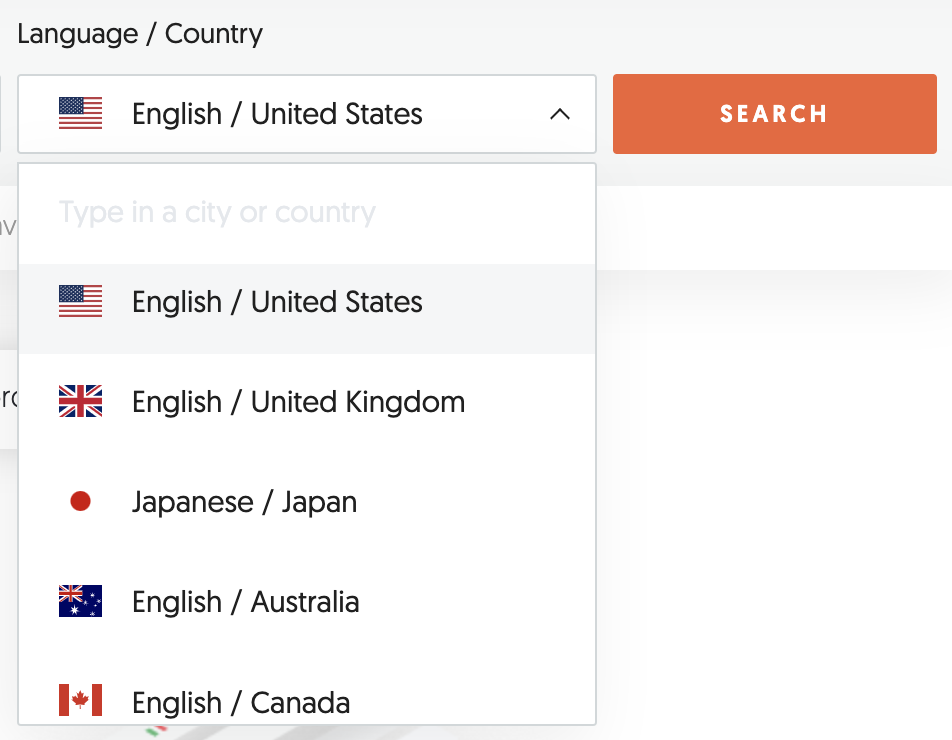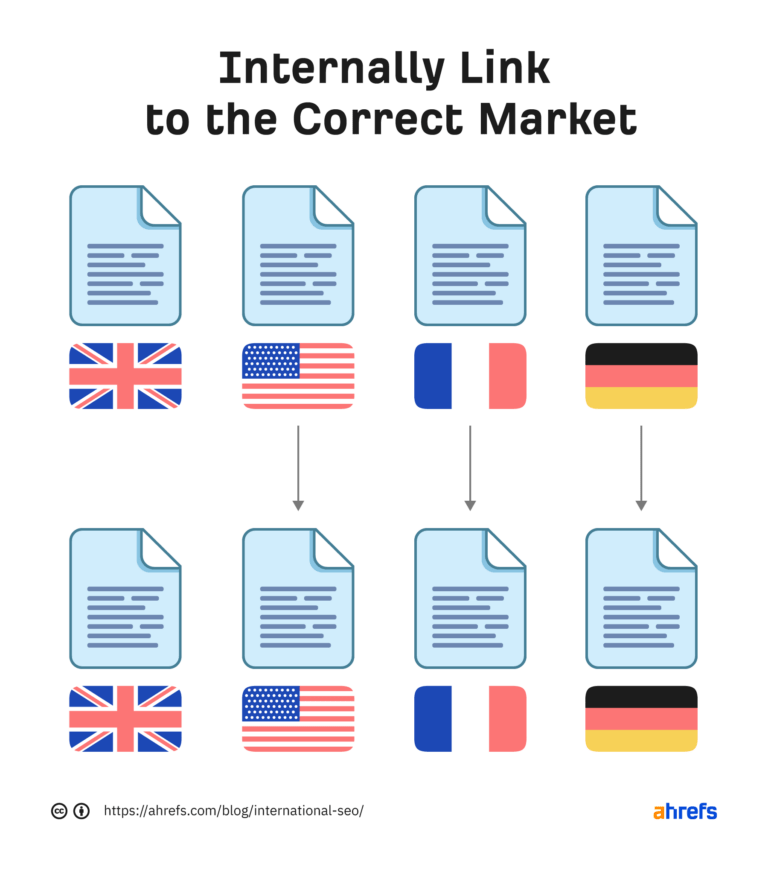From Localization to Globalization: International SEO Essentials
Wiki Article
Browsing the Digital Landscape: Leveraging International SEO for Cross-Border Success
In today's interconnected digital globe, organizations are progressively looking beyond borders to touch into worldwide markets. Leveraging search engine optimization (SEARCH ENGINE OPTIMIZATION) approaches tailored for worldwide target markets is important for attaining cross-border success. The complexity of browsing the digital landscape on a global range requires a nuanced strategy, from comprehending the principles of International search engine optimization to executing geotargeting and multilingual keyword phrase methods. As business make every effort to increase their reach and presence throughout various regions, enhancing site frameworks and checking cross-border performance come to be vital parts of a successful global SEO strategy.
Comprehending International SEO Basics
Navigating the complexities of international SEO requires a strong grasp of fundamental principles to properly expand on-line visibility across boundaries. One crucial element of international Search engine optimization is recognizing the importance of localization.Furthermore, having a clear understanding of geo-targeting is essential. This includes showing to online search engine the specific countries or areas a site is targeting. Carrying out hreflang tags is one method to connect this details, guaranteeing that the appropriate variation of a web page appears in the search results for a user in a particular place.
In addition, understanding the impact of neighborhood internet search engine and social media platforms is vital for worldwide search engine optimization success. While Google is dominant in numerous areas, nations like China have their own search engines like Baidu, requiring tailored methods for each platform to make best use of online exposure (International SEO).

Targeting Multilingual Key Phrase Approaches
Developing multilingual keyword phrase approaches is important for effectively getting to diverse global audiences and maximizing online visibility throughout different linguistic regions. When targeting multilingual key phrase techniques, it is crucial to carry out detailed study to recognize the certain search terms and phrases made use of by the target audience in each linguistic region. This entails not only translating key words however additionally thinking about social nuances, local dialects, and search trends unique to each target market.To create an effective multilingual keyword approach, it is very important to focus on importance and search intent. Key words should align with the content on the internet site and reverberate with the social context of the target audience. Utilizing tools such as Google Keyword Planner, SEMrush, or Ahrefs can aid determine high-performing key phrases in different languages and evaluate their search volume and competitors level.
In addition, monitoring and evaluating the efficiency of multilingual key phrases regularly is crucial for enhancing and refining the technique in time. By continuously adjusting to modifications in search habits and patterns, services can enhance their on-line presence and attract even more global web traffic to their internet sites.
Applying Geotargeting and Hreflang Tags
When aiming to enhance worldwide search engine optimization approaches, including geotargeting and hreflang tags is important for enhancing internet site exposure across various areas. Geotargeting includes customizing content to certain areas, making sure that customers in various areas obtain pertinent info. By applying geotargeting, companies can boost their neighborhood search rankings and draw in region-specific web traffic.
Optimizing Internet Site Structure for International Exposure
To further enhance worldwide SEO techniques past geotargeting and hreflang tags, optimizing the site framework is vital for achieving global exposure and making best use of reach across different regions. A well-structured internet site not only enhances customer experience however additionally assists in internet search engine crawlers in recognizing the web content and context of the site. When intending for worldwide presence, it is important to make certain that the website is organized in a rational way that satisfies individuals from various countries. Carrying out a clear pecking order with distinct groups and subcategories can assist in enhancing the site's navigating and user-friendliness.In addition, creating language-specific subdirectories or subdomains can assist internet search engine supply the right variation of the internet site to customers based on their language choices, additionally boosting the general user experience. Additionally, enhancing URL structures to consist of appropriate search phrases and geotargeted terms can enhance the site's exposure in different areas. By structuring the website successfully for global target markets, businesses can enhance their opportunities of bring in global traffic and broadening their reach throughout boundaries.

Surveillance and Assessing Cross-Border Performance
Efficient monitoring and studying of cross-border efficiency is essential for examining the success of worldwide search engine optimization techniques and determining chances for renovation in international reach and exposure. By carefully tracking vital performance indicators (KPIs) throughout different markets, businesses can gain important understandings right into the effectiveness of their cross-border search engine optimization initiatives. Checking metrics such as organic website traffic, keyword positions, conversion rates, and bounce rates can offer a detailed sight of exactly how well a website is executing in different areas.Examining cross-border performance information enables organizations to recognize patterns, patterns, and locations for optimization. By contrasting performance across different nations, areas, or languages, companies can identify effective methods and localize material to much better accommodate certain target market. Additionally, keeping track of cross-border performance enables companies to stay nimble and responsive in the ever-evolving digital landscape. Regular evaluation of search engine optimization efficiency on a global scale makes sure that find more info business can adapt their techniques rapidly to capitalize on emerging possibilities and preserve a competitive side in global markets.
Final Thought
In conclusion, global search engine optimization plays an important role in accomplishing cross-border success Continued by optimizing internet sites for global presence, targeting multilingual key words approaches, implementing geotargeting and hreflang tags, and checking cross-border efficiency. By comprehending the principles of international search engine optimization and enhancing internet site structures accordingly, services can efficiently reach and engage with their target audiences throughout different regions and languages. This critical strategy is necessary for increasing market reach and driving on the internet development in today's digital landscape.Report this wiki page